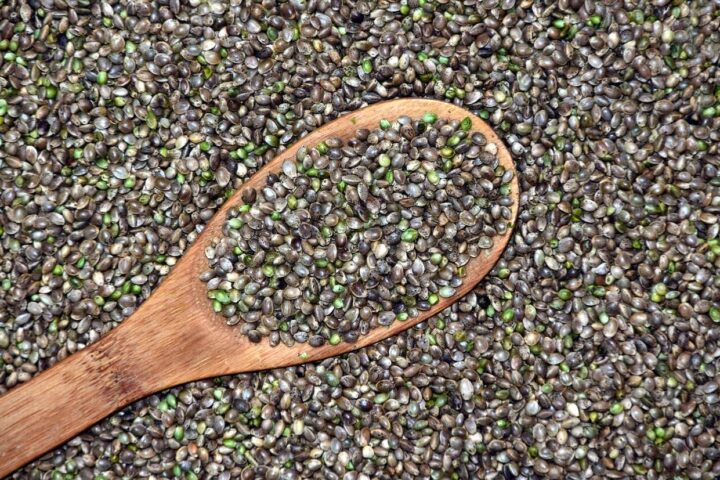Avocado is a food rich in fiber, vitamins, and essential nutrients for the body, and its consumption is increasing. Consequently, scientists from various universities are interested in studying what happens in the body when it is consumed daily or over a long period. The approaches have been diverse, and we will review the most important ones to understand the effects of avocado on the body.
The latest research from Pennsylvania State University has examined the effects of a diet that includes eating an avocado a day. “Avocados are a nutrient-dense food, containing a lot of fiber and other important nutrients. We wanted to see if regular intake of this food would lead to an increase in diet quality. Previous observational research suggests avocado consumers have a higher diet quality than non-consumers,” emphasizes Kristina Petersen, professor in the Department of Nutritional Sciences and author of the study.
She adds that they wanted to see if regular avocado consumption would lead to an improvement in diet quality. The reason is that in the United States, many adults have a poor diet and do not meet the key dietary recommendations of the Dietary Guidelines for Americans. A similar situation occurs in Spain.
Poor diet quality is the main risk factor for cardiometabolic diseases, increasing the risk of chronic diseases that are among the leading causes of death. Dr. Petersen explains that previous research suggested that avocado consumers had a higher-quality diet, so she wanted to test if the relationship was causal.
Similar Posts
For the controlled, randomized, multicenter trial, they enlisted 1,008 participants over 25 years old with abdominal obesity and low avocado consumption. They were divided into two groups: one continued with their usual diet, limiting avocado consumption to two or fewer per month. The other group was provided with a daily serving of about 168 grams of avocado and received guidance on how to include it in their daily diet.
The results, published in Current Developments in Nutrition, showed that consuming one avocado daily for 26 weeks improved adherence to the Dietary Guidelines for Americans among adults with abdominal obesity. Specifically, the scientists observed a “clinically significant” increase of 4.74 points in their scores.
““We found that the participants who had an avocado per day significantly increased their adherence to dietary guidelines. This suggests that strategies, like eating one avocado per day, can help people follow dietary guidelines and improve the quality of their diets,” confirms Petersen.
According to the scientist, participants used avocados as a substitute for less healthy foods high in refined grains and sodium. Therefore, the study concluded that avocado consumption could lead to choosing healthier foods.
The study also monitored participants’ cardiometabolic disease risk factors, such as visceral fat volume, weight, or cholesterol. However, changes in diet quality did not directly affect cardiovascular disease risk factors.
Petersen explains that the intervention period might have been too short. She also encourages considering that the participants’ initial diet scores were very low and, despite a significant improvement after avocado intake, they were still below average. Nevertheless, other significant studies have found that eating avocados improves heart health.
In 2022, a large prospective study conducted by the American Heart Association, involving Harvard University, stated that avocados not only reduce cardiovascular risk but also decrease the likelihood of experiencing a cardiovascular event, such as a stroke.
“Replace certain spreads and saturated fat–containing foods, such as cheese and processed meats, with avocado is something physicians and other health care practitioners such as registered dietitians can do when they meet with patients, especially since avocado is a well-accepted food,” said lead author Lorena Pacheco, a postdoctoral research fellow in Harvard Chan School’s Department of Nutrition
The study, which followed participants for four years, found that people who ate at least two servings of avocado per week had a 16% lower risk of cardiovascular disease and a 21% lower risk of coronary artery disease, compared to those who never or rarely ate avocados.
“Our study provides further evidence that the intake of plant-sourced unsaturated fats can improve diet quality and is an important component in cardiovascular disease prevention,” concluded Lorena S. Pacheco, lead author.
Therefore, experts recommend adding avocado to the list of foods that should be consumed several times a week to stay healthy and reduce the risk of cardiovascular diseases. Including a specific healthy food is a good start to a healthy diet. However, strategies to promote adherence to dietary guidelines, improve diet quality, and promote longevity must go beyond interventions based on specific foods.
















